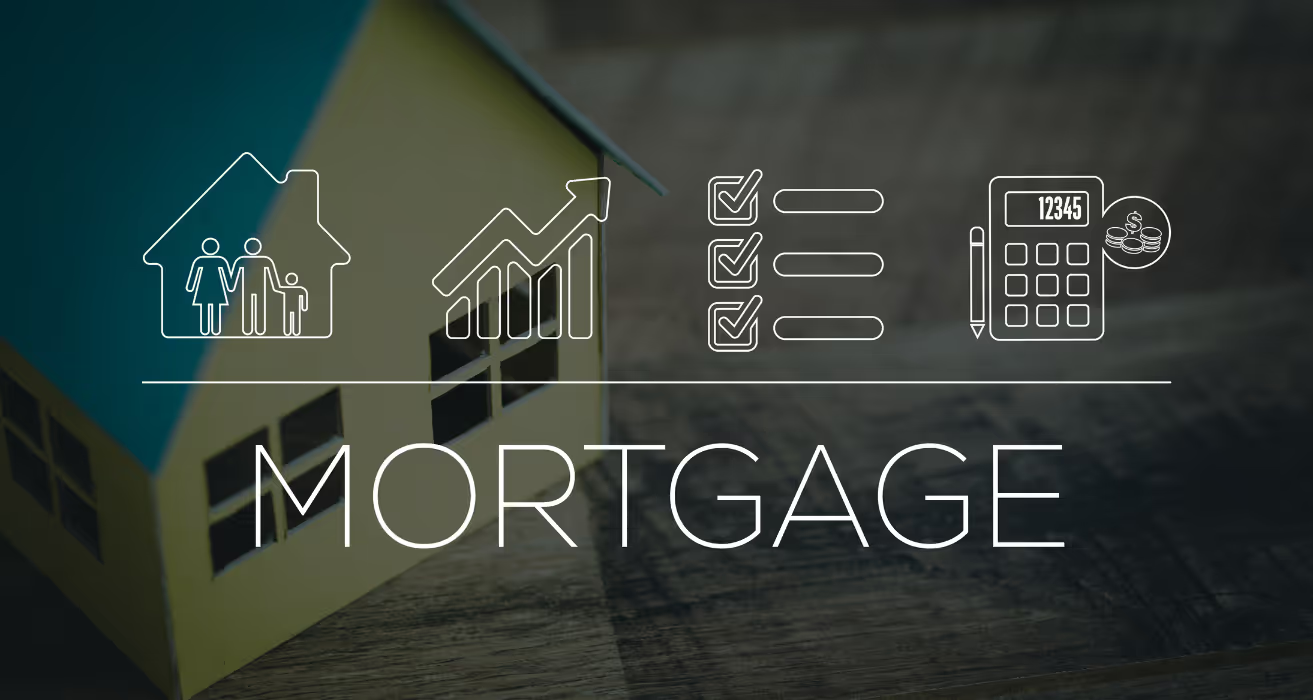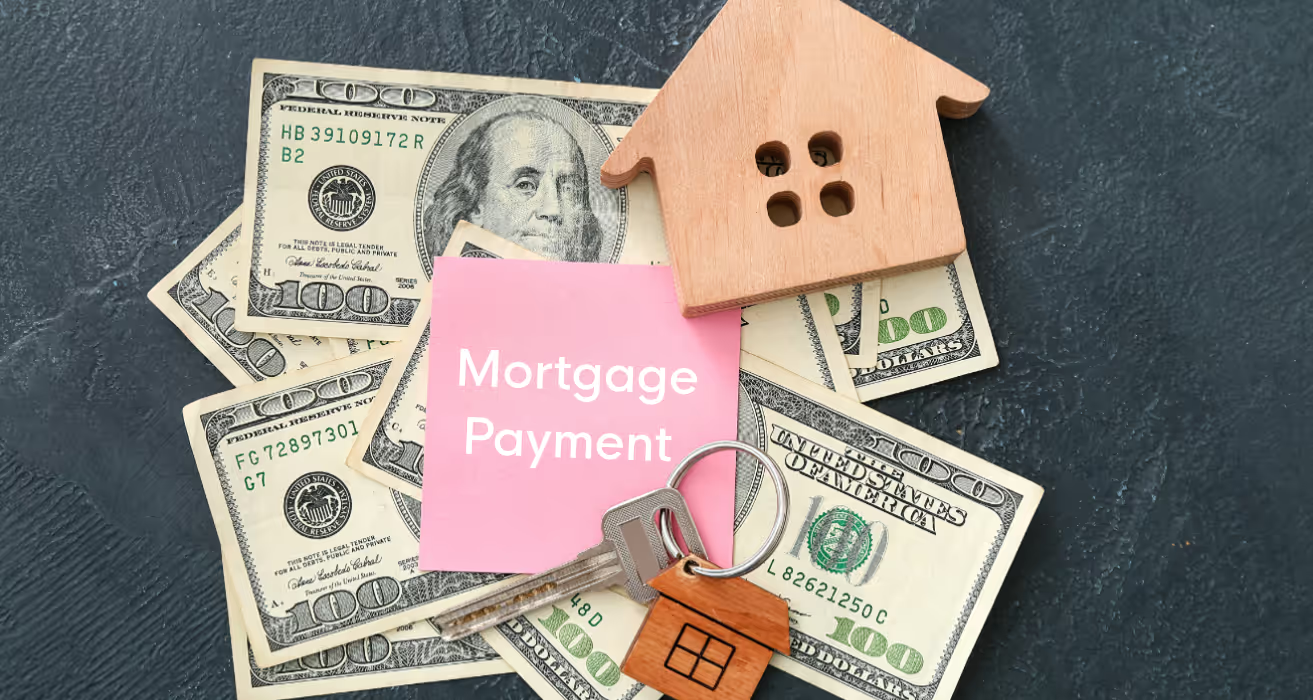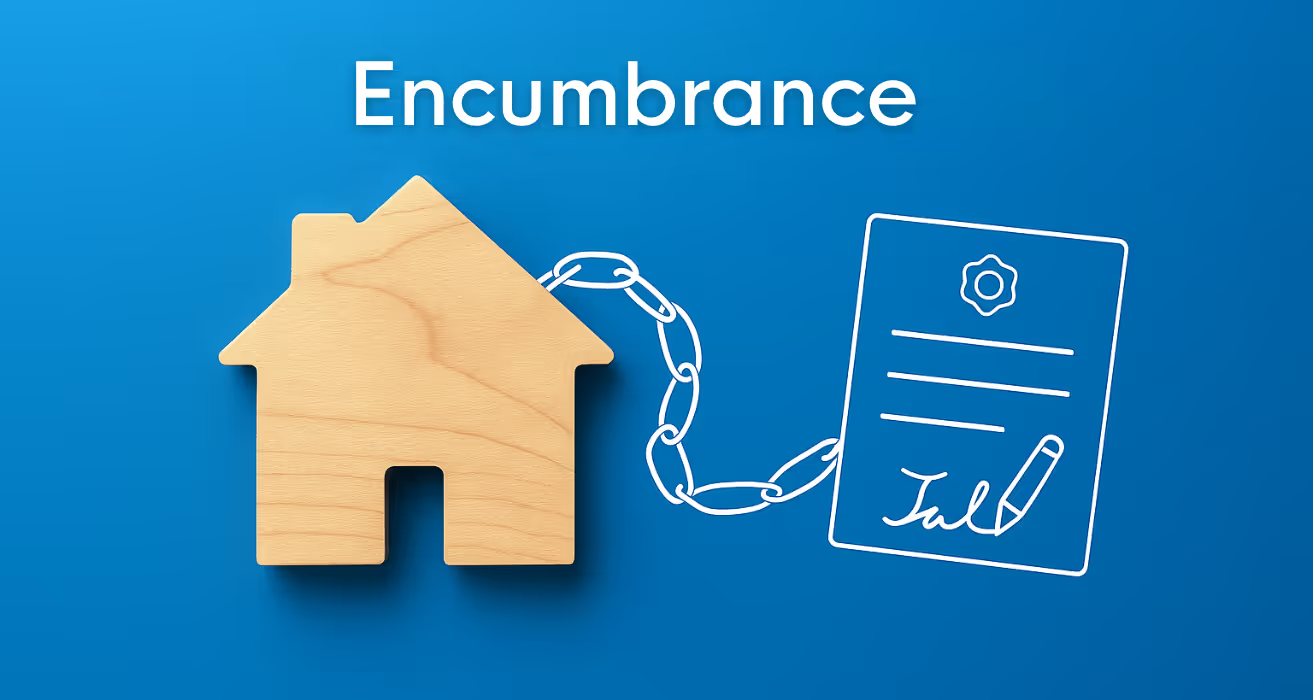What Happens if You Owe Money After a Foreclosure?
-min.avif)
Foreclosure might not be the end of your mortgage debt.
You may think that the moment your home is repossessed, your mortgage obligations disappear. But here’s the truth: if the sale of your foreclosed home doesn’t cover your full mortgage balance, your lender might still come after you for the difference. That’s called a deficiency judgment.
Let’s break this down so you understand what to expect, how to protect yourself, and what steps to take if you find yourself facing a debt after foreclosure.
Key Takeaways:
- A deficiency judgment allows lenders to pursue borrowers for the remaining mortgage balance after foreclosure.
- Laws around deficiency judgments vary widely by state.
- You may have options: negotiate, settle, or dispute the amount owed.
- Foreclosure doesn’t always mean financial closure; understanding your rights is essential.
What Is a Deficiency Judgment?
A deficiency judgment is a court order that holds a borrower responsible for the unpaid portion of a mortgage after a foreclosure sale. If your home sells for less than what you owe on the mortgage, the remaining balance is called the deficiency.
Example:
- You owe $250,000 on your mortgage.
- The bank sells your foreclosed home for $200,000.
- The $50,000 shortfall may be pursued through a deficiency judgment.
Not every state allows this. Some states are known as "non-recourse," which prohibits lenders from seeking a deficiency. Others allow it, but only under strict conditions.
Which States Allow Deficiency Judgments?
The rules vary widely. Here are three categories:
- Non-recourse States (e.g., California, Texas) generally prohibit deficiency judgments on primary residences.
- Recourse States (e.g., Florida, New York) allow lenders to pursue deficiency judgments.
- Conditional States permit deficiency actions only under specific guidelines or timelines.
Pro Tip: Check your state's laws and statute of limitations. Many states limit how long lenders can pursue the judgment (often 1–5 years).
Can You Be Sued for a Deficiency Judgment?
Yes, if your state allows it and your lender decides to take legal action. You may be:
- Served with a lawsuit after foreclosure
- Summoned to court to respond
- Ordered to pay the remaining balance if the court rules in the lender’s favor.
Heads up: Even if you're no longer living in the property, you can still be liable.
How Can You Avoid or Settle a Deficiency Judgment?
You have options:
- Negotiate a waiver as part of a deed-in-lieu or short sale.
- Settle for less than the owed amount. Many lenders prefer partial repayment to prolonged court battles.
- Challenge the judgment. If the sale was mismanaged or the amount seems inflated, legal defenses may apply.
- File for bankruptcy. In some cases, this discharges deficiency balances.
Important: Always consult with a housing counselor or foreclosure attorney to explore the best option.
Real-World Insights
From Reddit & Quora:
- Many users shared frustrations around not knowing they still owed money years later.
- Common themes: debt collector harassment, credit score hits, and surprise lawsuits.
Expert Tip from Real Estate Podcast:
“The biggest mistake post-foreclosure borrowers make? Ignoring deficiency notices. Engage early.” — Mortgage Legal Analyst
Industry Report (Urban Institute):
- 39% of deficiency judgment cases result in garnished wages or frozen bank accounts.
- Borrowers who engaged early reduced average liability by 46%.
Helpful Tools & Resources
- Be My Neighbor Mortgage — Mortgage education and borrower support platform. NMLS #1743790
- realpha — Commission-free homebuying marketplace with education tools
- HUD-approved housing counselors: https://www.hud.gov/counseling
Conclusion: How to Move Forward Without Regret?
Facing a foreclosure is tough enough. Facing more debt after losing your home? That can feel unbearable. But you have the right to clarity, fairness, and better options.
That’s why platforms like realpha exist—to give you an edge in the real estate game. No commission, just smart homebuying and expert-backed resources.
And if you need one-on-one help navigating next steps, Be My Neighbor is here to help, with licensed experts and educational tools to guide you home.
Stay informed. Stay protected. You’ve got more power than you think.
FAQs
What is a deficiency judgment in simple terms?
It’s when the lender sues you for the unpaid mortgage balance after a foreclosure sale doesn’t cover what you owe.
Can I negotiate a deficiency judgment down?
Yes. Many lenders accept partial repayment or waive the debt to avoid lengthy legal processes.
Do all states allow deficiency judgments?
No. Some states protect homeowners by banning or limiting them.
Will a deficiency judgment hurt my credit?
Absolutely. It can stay on your credit report for up to 7 years and severely lower your score.
Can bankruptcy erase a deficiency judgment?
In many cases, yes. But talk to a bankruptcy attorney to confirm based on your situation.
Disclosures & Compliance Notes:
- Content provided for informational purposes only and does not constitute legal or financial advice.
- Be My Neighbor, NMLS ID #1743790, is a licensed mortgage brokerage.
- realpha is not a mortgage lender and does not collect commissions on home purchases.
- Borrowers are encouraged to consult HUD-certified counselors or legal advisors regarding foreclosure or deficiency proceedings.
- Loan eligibility and outcomes may vary based on individual financial circumstances and state laws.
- All third-party sources cited are for educational and informational purposes.





.avif)
.avif)
.avif)
.avif)
.avif)
.avif)








.avif)
.avif)
.avif)
.avif)
.avif)
.avif)
.avif)
.avif)
.avif)
.avif)








.avif)
.avif)
.avif)
%20(1).avif)
.avif)
.avif)

.avif)
.avif)




-min.avif)
.avif)
-min.avif)
-min.avif)
.avif)
.avif)

-min.avif)

.avif)
.avif)






-min.avif)
-min.avif)
-min.avif)


-min-p-1080%20(1)%20(1).avif)
-min.avif)
-min.avif)
.avif)
.avif)
.avif)
.avif)
.avif)
.avif)
.avif)
.avif)
.avif)
.avif)
.avif)
.avif)
.avif)
.avif)
.avif)

.avif)
.avif)
.avif)
.avif)
.avif)
.avif)
.avif)
.avif)
.avif)
.avif)



